Calories in Sweet Potatoes, french fried, crosscut, frozen, unprepared
211 calories
Serving Size 3.75 oz (about 106 g)
There is no photo available for this food item however it should be similar in terms of nutritional content and calorie density as the following items. You can use these for references.
(98% similar)
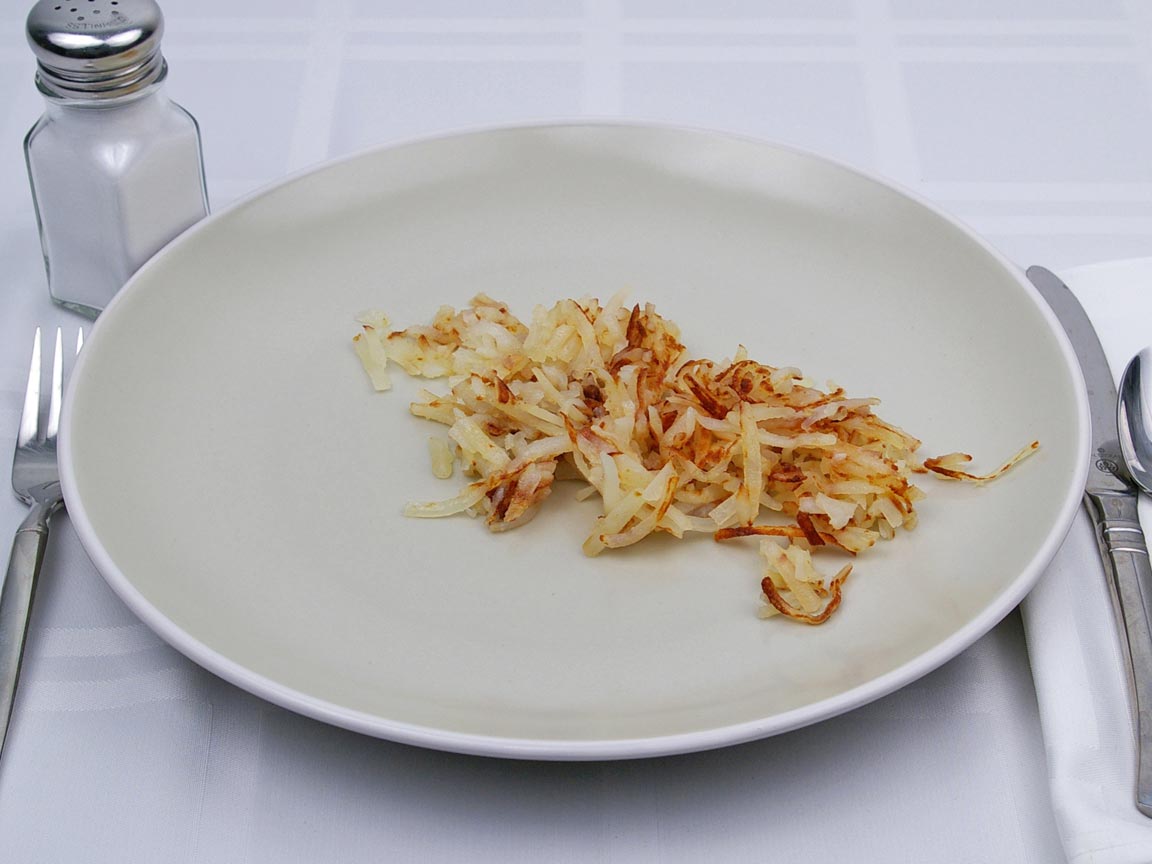
Hashed Brown Potatoes - Canola Oil Added
(96% similar)
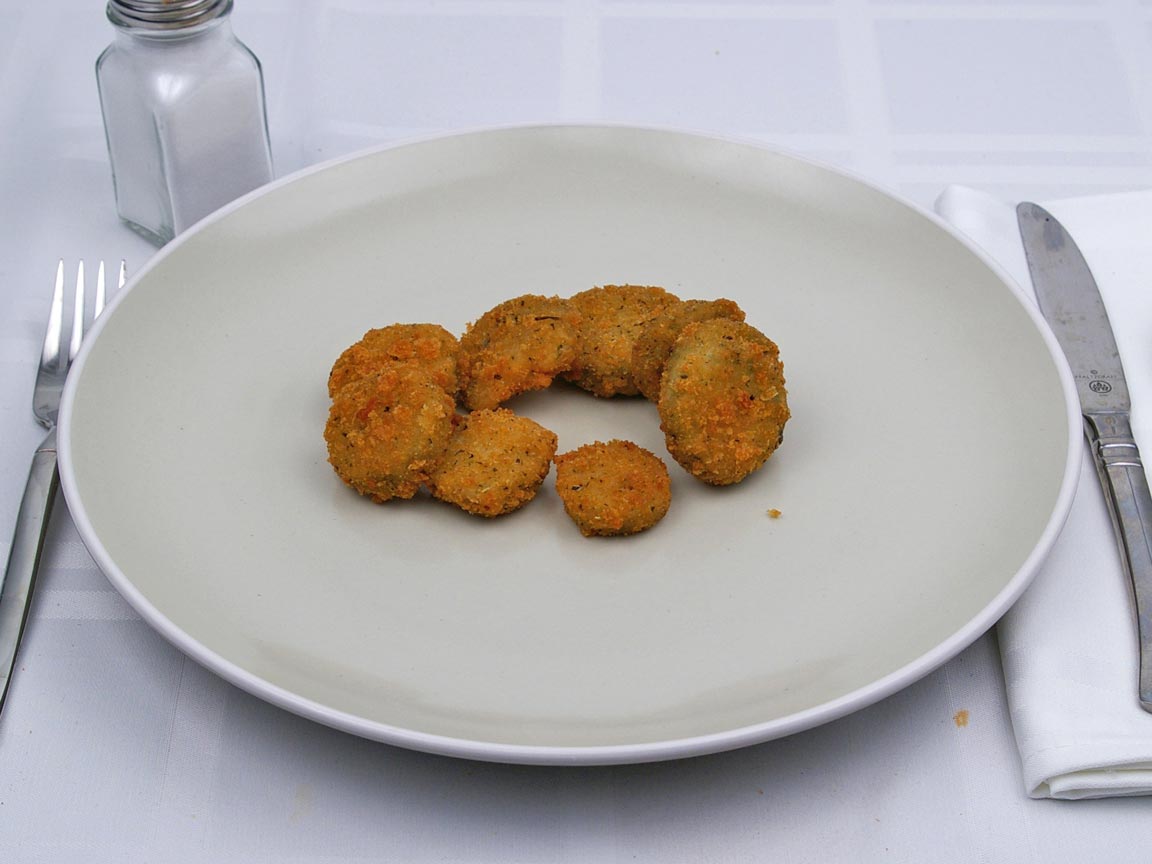
Carl's Jr - Fried Zucchini
(94% similar)
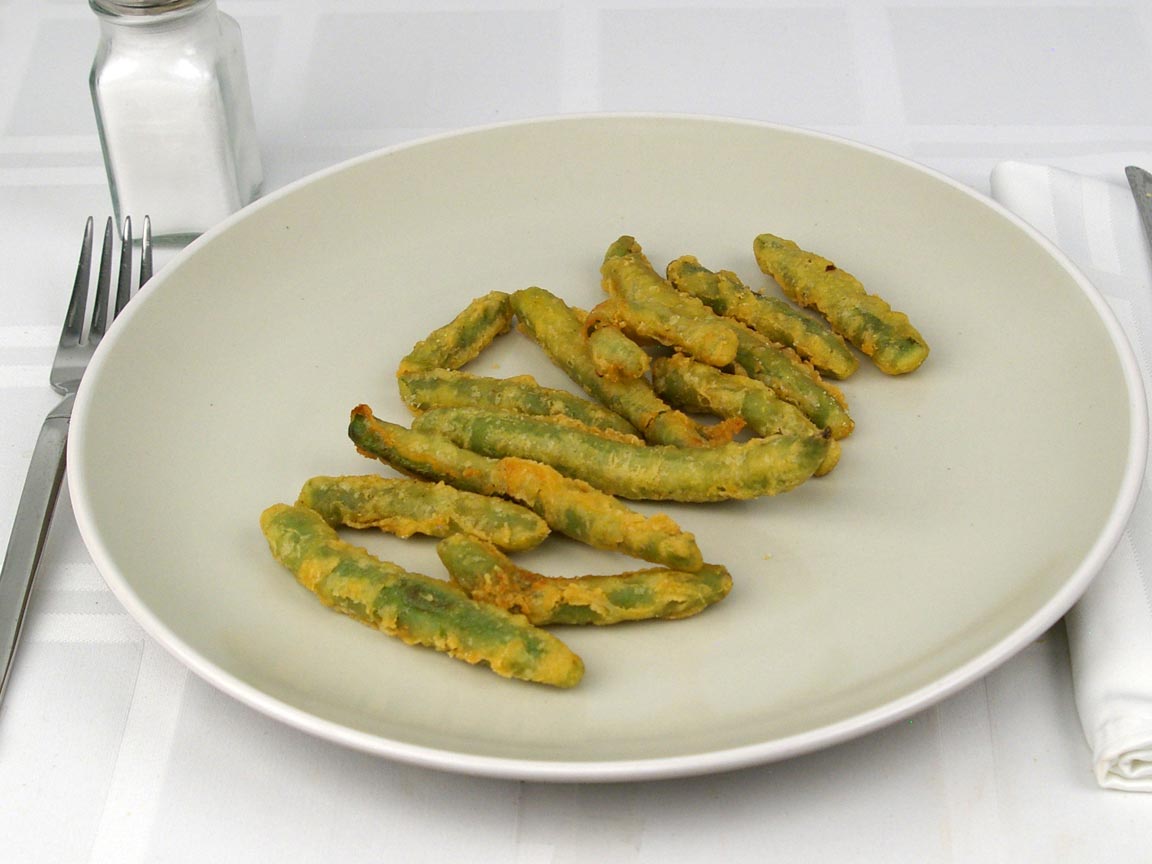
The Habit - Tempura Fried Green Beans
(98% similar)
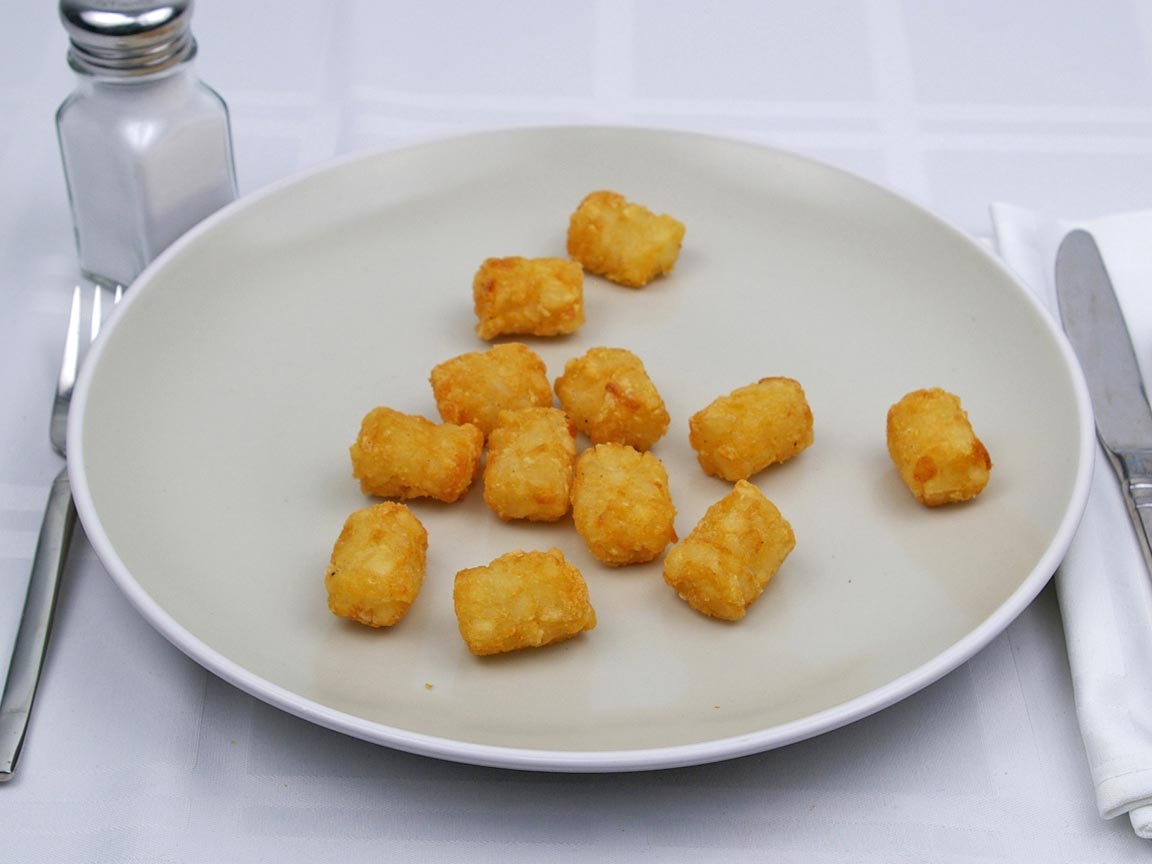
Tater Tots -Frozen Oven Heated
(95% similar)
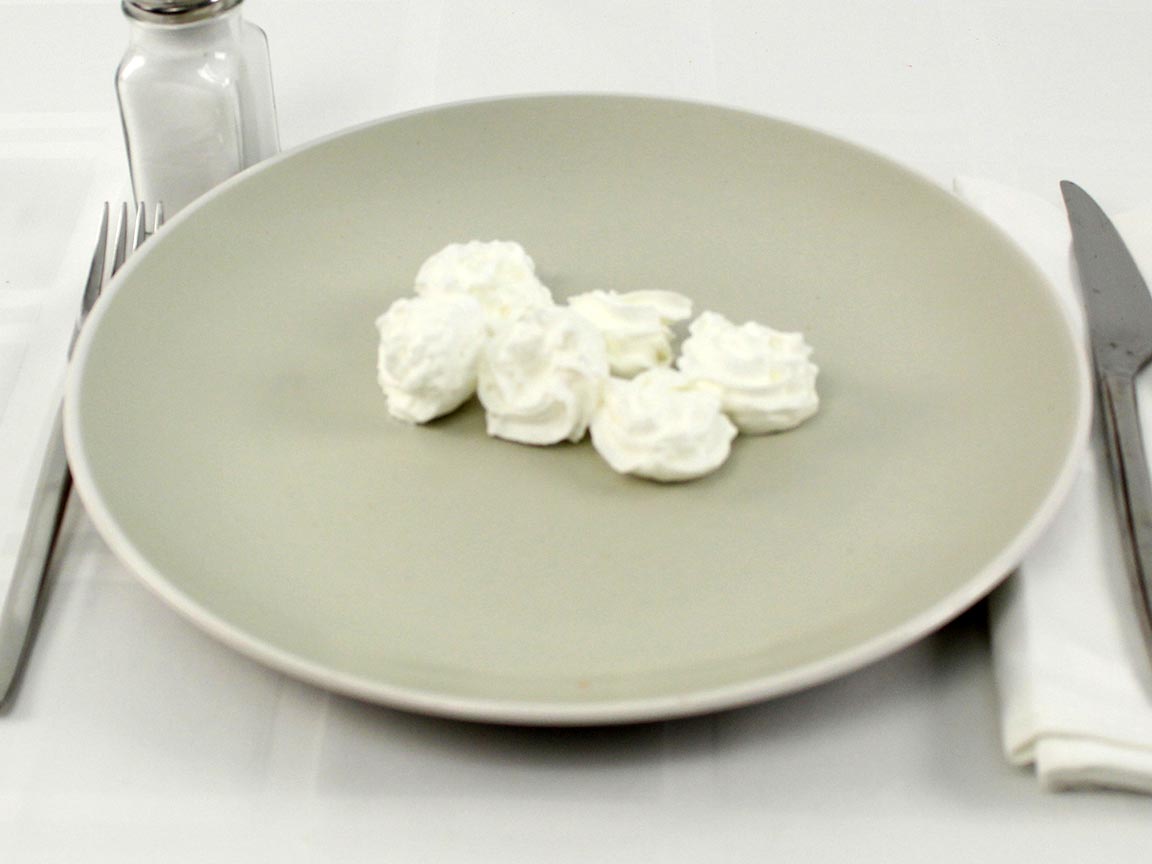
Almond Milk Whipped Cream
(93% similar)
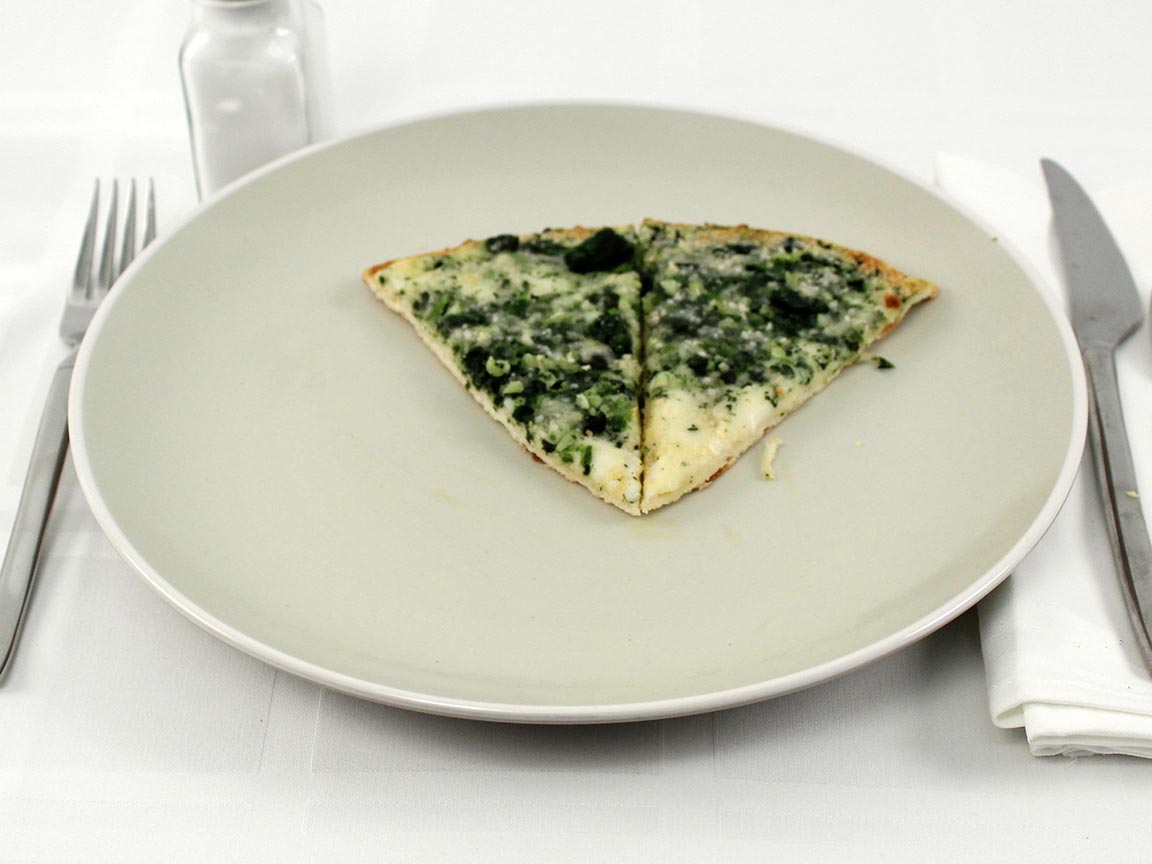
California Pizza Kitchen - White Recipe
Serving Size 3.75 oz (about 106 g)
| Amount Per Serving | ||
|---|---|---|
| Calories 211 | Calories from Fat 106 | |
| % Daily Value* | ||
|
Total Fat
11 |
17 |
|
|
Saturated Fat
0 |
0 |
|
|
Trans Fat
0 |
||
|
Cholesterol
0 |
0 |
|
|
Sodium
227 |
9 |
|
|
Total Carbohydrate
27 |
9 |
|
|
Dietary Fiber
3 |
12 |
|
|
Sugars
6 |
||
|
Protein
1 |
||
* Percent Daily Values are based on a 2,000 calorie diet. Your daily values may be higher or lower depending on your calorie needs.
Available portions
Food analysis
High In Fiber
High Sodium
Junk Food
High In Sugar
There is 211 calories in 106 grams of Sweet Potatoes,.
With 203 calories per 100 grams, this food would be considered a Medium calorie density food.
Sweet Potatoes, is High in carbohydrates, Very Low in proteins and High in fats. You can look at the macronutrients graph below for a detailed ratio.
It has High quantity of fibers but also High quantity of sugars. It is recomended to consume less than 25 grams of sugars per day.
This item has High quantity of carbohydrates and fats. This combinasion is usually indicating that you should stay away from this food labeled as "Junk Food".
With 22 grams of "Net carbohydrates" per 100 grams,
it not safe to consume if you are following a Keto or Ketosis diet.
Related Searches
frozen
crosscut
fried
french
potatoes
sweet
unprepared
Macronutrients split
49.3% Carbohydrates
48.8% Fats
Nutrients and how much we eat of it play an important role on our health and body composition. To learn more on theses, check our blog posts on Proteins, Carbohydrates and Fats.